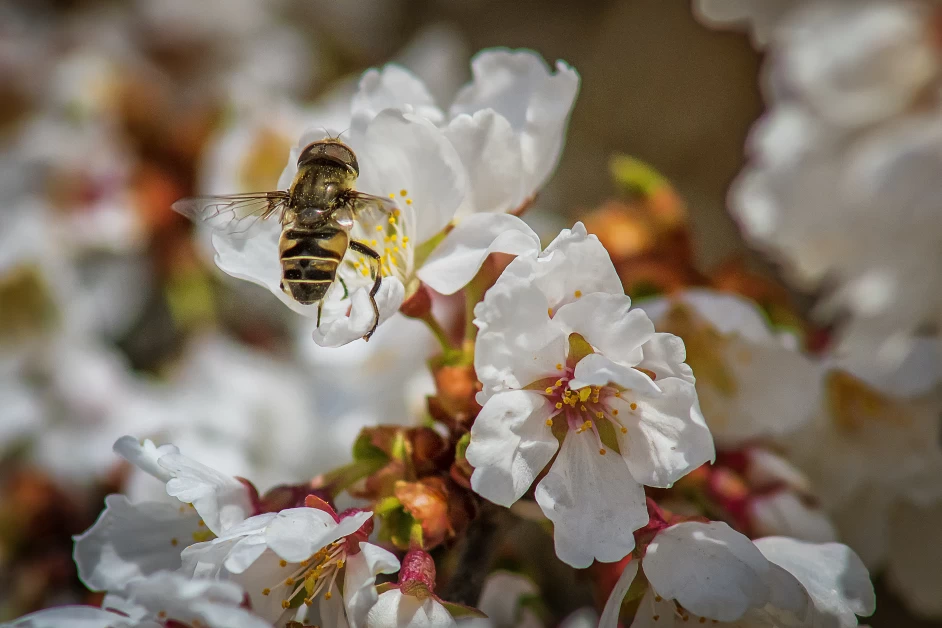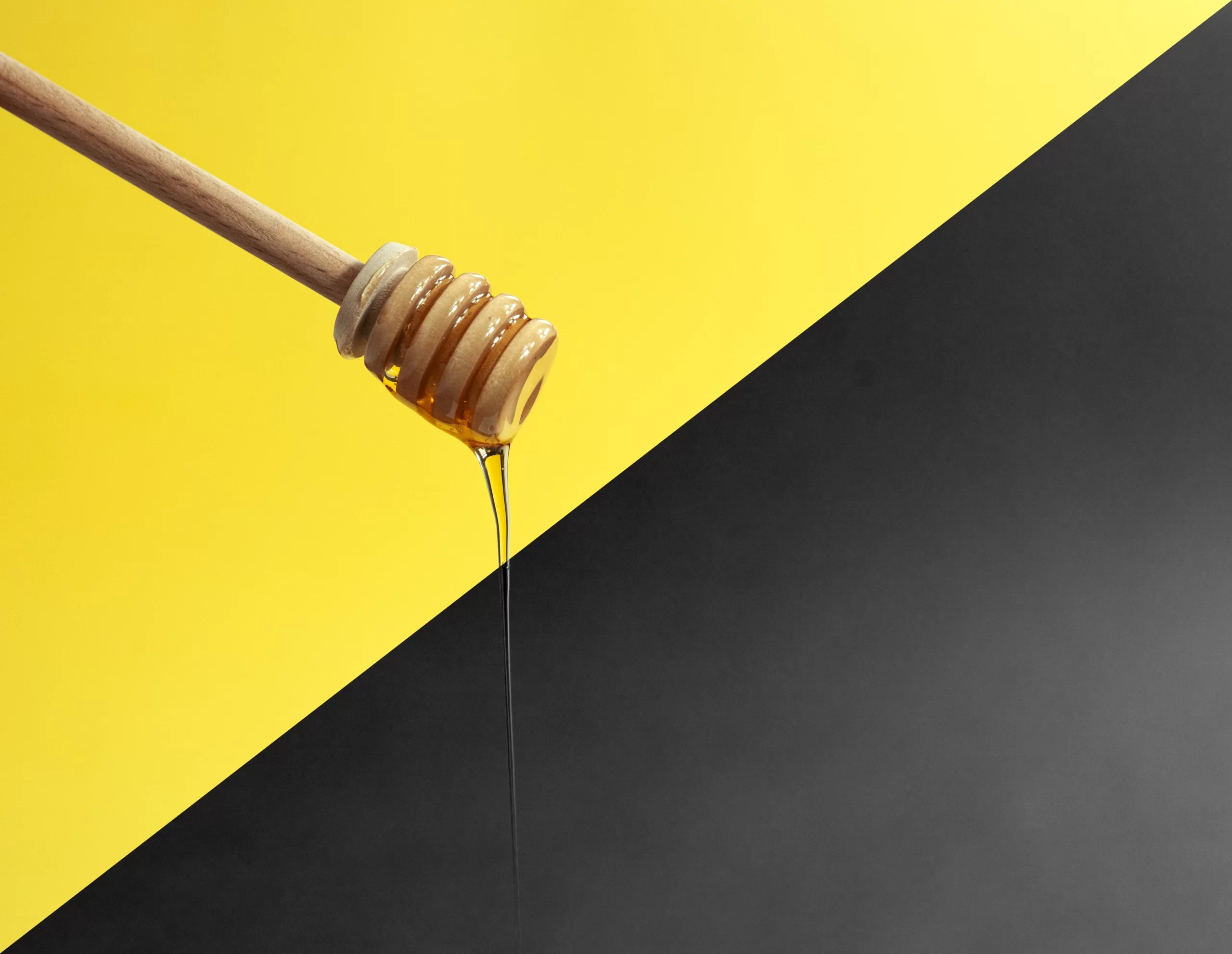Table of Contents
Manuka Honey Face Mask: The Ultimate Guide
Introduction
In today’s beauty industry, there are countless skincare products available for various skin concerns. However, natural remedies are gaining popularity due to their effectiveness and minimal side effects. One such remedy is the Manuka honey face mask. Manuka honey, a unique type of honey produced in New Zealand, is said to have remarkable benefits for the skin. In this comprehensive guide, we will explore the science behind Manuka honey, its benefits, and how to make and use a Manuka honey face mask.
What is Manuka Honey?
Manuka honey is a special type of honey sourced from the nectar of the Manuka bush (Leptospermum scoparium), which is native to New Zealand. It is produced by bees that pollinate the Manuka flowers. What sets Manuka honey apart from other types of honey is its high concentration of bioactive compounds, particularly methylglyoxal (MGO). MGO is thought to be responsible for many of the honey’s unique properties, such as its antibacterial and anti-inflammatory effects.
Scientific Studies on Manuka Honey
Numerous scientific studies have been conducted to investigate the potential benefits of Manuka honey for the skin. These studies have uncovered promising results, supporting the use of Manuka honey in skincare products. For example, a study published in the Journal of Cosmetic Dermatology found that Manuka honey exhibited antimicrobial activity against various strains of bacteria commonly associated with skin infections. Another study published in the International Journal of Dermatology suggested that Manuka honey may have wound-healing properties.
Benefits of Manuka Honey for the Skin
- Antibacterial Properties: Manuka honey has been shown to possess potent antibacterial properties, making it an excellent ingredient for combatting acne-causing bacteria.
- Anti-inflammatory Properties: Manuka honey has anti-inflammatory effects that can help soothe irritation and redness in the skin.
- Moisturizing and Hydrating: Manuka honey is a natural humectant, meaning it helps draw moisture into the skin, keeping it hydrated and moisturized.
- Promotes Wound Healing: Manuka honey’s wound-healing properties can aid in the healing process of cuts, burns, and other skin injuries.
- Antioxidant Effects: The antioxidants present in Manuka honey help protect the skin from free radical damage, thereby reducing signs of aging.
How to Make a Manuka Honey Face Mask
Making your own Manuka honey face mask at home is simple and cost-effective. Here’s a step-by-step guide on how to make one:
Ingredients:
- 1 tablespoon Manuka honey (preferably with a high MGO rating)
- 1 teaspoon coconut oil (optional)
- 1 teaspoon lemon juice (optional for brightening effect)
- 1 teaspoon plain yogurt (optional for soothing effect)
- 1 teaspoon oatmeal (optional for exfoliation)
Instructions:
- Start by cleansing your face with a gentle cleanser to remove any dirt or makeup residue.
- In a small bowl, mix the Manuka honey with any additional optional ingredients you want to include. Coconut oil can provide extra moisturization, lemon juice can brighten the skin, plain yogurt can soothe irritation, and oatmeal can exfoliate dead skin cells.
- Once the ingredients are well-mixed, apply the mask evenly to your face using clean fingertips or a brush. Avoid the eye area.
- Leave the mask on for 15-20 minutes to allow the honey’s beneficial properties to penetrate the skin.
- Gently rinse off the mask with lukewarm water and pat your skin dry with a clean towel.
- Follow up with your regular skincare routine, such as applying a moisturizer or serum.
How to Use a Manuka Honey Face Mask
Using a Manuka honey face mask is a simple and enjoyable process. Here are some tips to get the most out of your mask:
-
Cleanse your face: Before applying the face mask, make sure to cleanse your face thoroughly using a gentle cleanser. This helps remove any dirt, oil, or makeup residue, allowing the mask to penetrate the skin more effectively.
-
Apply the mask evenly: Use clean fingertips or a brush to apply the mask evenly to your face, avoiding the delicate eye area. This ensures that all areas of your skin receive the benefits of the mask.
-
Relax and let it sit: Once you’ve applied the mask, take some time to relax and let it sit for 15-20 minutes. This allows the Manuka honey and other ingredients to work their magic on your skin.
-
Rinse off gently: After the recommended time has passed, rinse off the mask with lukewarm water. Be gentle while rinsing to avoid irritating the skin. Pat your skin dry with a clean towel.
-
Follow up with skincare products: After removing the mask, continue with your regular skincare routine. Apply a moisturizer or serum to lock in the benefits of the mask and keep your skin hydrated.
Where to Buy Manuka Honey
When purchasing Manuka honey for your face mask or other skincare purposes, it’s important to choose a reputable source. Look for products that are labeled as genuine Manuka honey and specify the MGO rating. Online retailers like Amazon or https://aboutmanukahoney.com offer a variety of Manuka honey options to suit different budgets and preferences.
Pro Tips for Buying Manuka Honey:
-
Check for a Unique Manuka Factor (UMF) rating: The UMF rating indicates the purity and quality of Manuka honey. Look for products with a UMF rating of at least 10+ for therapeutic benefits.
-
Verify the MGO content: MGO is an important component of Manuka honey responsible for its antibacterial properties. Look for products that specify the MGO content on the label.
-
Read customer reviews: Before making a purchase, read customer reviews to gain insights into the quality and effectiveness of the Manuka honey product.
Conclusion
In conclusion, a Manuka honey face mask can be a powerful addition to your skincare routine. With its antibacterial, anti-inflammatory, moisturizing, and wound-healing properties, Manuka honey offers a wide range of benefits for the skin. By incorporating a Manuka honey face mask into your weekly skincare regimen, you can enhance the health and appearance of your skin. Remember to select genuine Manuka honey from reputable sources and follow the recommended guidelines for making and using the mask. Your skin will thank you for it!


